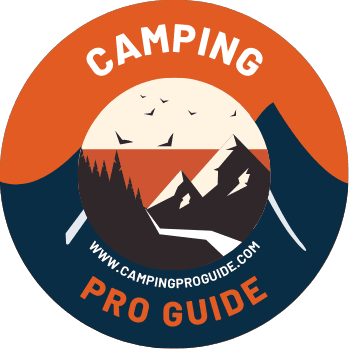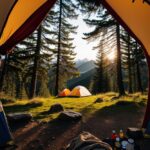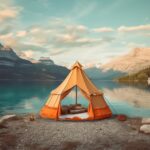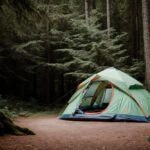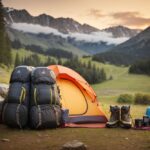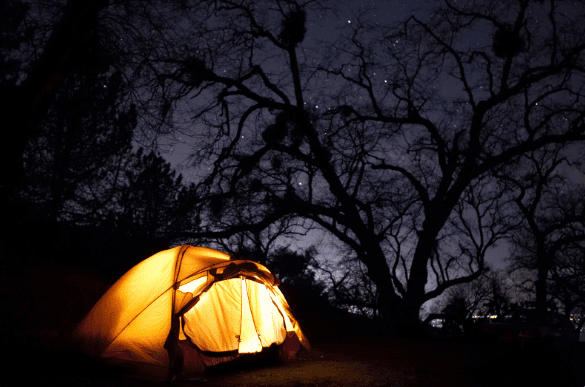
Imagine the excitement of a camping trip – the great outdoors, the fresh air, and the glittering beauty of lakes and rivers. It’s a wonderful adventure, but it’s important to remember that water safety is key to making sure the trip is not just fun, but also safe for everyone. This article is your guide to enjoying lakes and rivers responsibly while camping. We’ll cover nine essential water safety tips that are easy to understand and follow, ensuring your camping adventures are memorable for all the right reasons.
Always Swim with a Buddy
Never swim alone, no matter how confident you are in your swimming abilities. Always have a swimming buddy with you. This ensures that in case of any trouble, there’s someone to get help or assist you. Especially in natural water bodies like lakes and rivers, conditions can change quickly, and it’s better to be safe with someone by your side.
Know Your Swimming Limits
Understanding and respecting your swimming limits is crucial. Not everyone is an Olympic swimmer, and that’s okay! Stick to areas that match your swimming skills. If you’re not a strong swimmer, stay in shallower water where you can easily stand. Remember, lakes and rivers often have uneven bottoms and currents, which can be challenging even for experienced swimmers.
Use Life Jackets and Floatation Devices
Life jackets are lifesavers, literally. Whether you’re swimming, boating, or just playing near the water, wearing a life jacket is a smart move. This is especially important for children and those who are not strong swimmers. Floatation devices can help keep you afloat if you get tired or encounter a sudden change in water conditions.
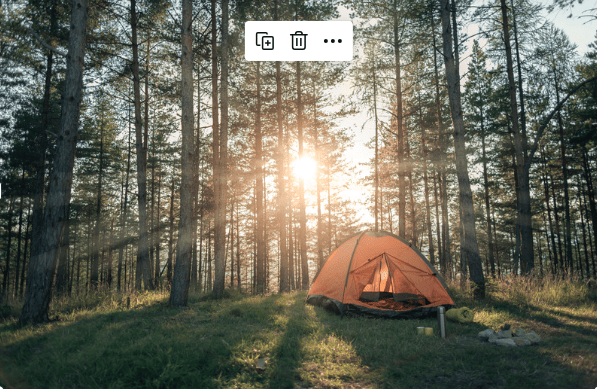
Be Aware of Local Wildlife
Lakes and rivers are home to various forms of wildlife, and it’s essential to be aware of them. Some animals can be dangerous or get scared if humans get too close. Always keep a respectful distance from wildlife and never try to touch or feed them. This keeps both you and the animals safe.
Check Weather and Water Conditions
Before taking a plunge, always check the weather forecast. Swimming or boating is risky in stormy or worsening weather. Be mindful of water conditions too. Look for strong currents, waves, and other hazards. If there’s any doubt about safety, it’s wiser to avoid entering the water. Your safety should always be the top priority during such activities.
Leave No Trace
Respecting nature is a big part of camping and enjoying water bodies. Always clean up after yourself and leave no trace. This means taking all your trash with you, not disturbing the natural environment, and not leaving anything behind in the water. This ensures that the beautiful lakes and rivers remain pristine for others to enjoy.
Learn Basic Water Rescue Techniques
It’s a great idea to learn some basic water rescue techniques before your camping trip. This doesn’t mean you have to become a professional lifeguard, but knowing how to help someone in trouble without putting yourself at risk can be a lifesaver. Techniques like throwing a rope or a floatation device, or even just knowing how to call for help, can make a big difference in an emergency.
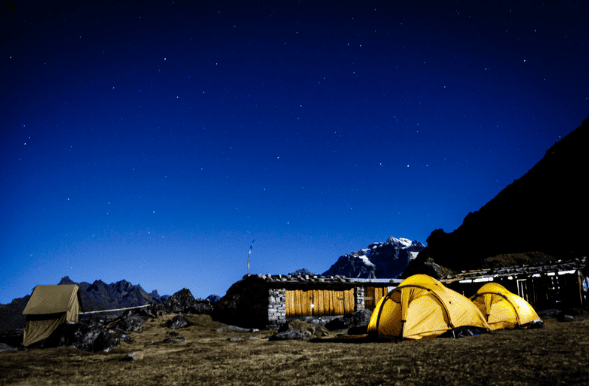
Avoid Alcohol and Drugs Near Water
Staying clear-headed near water is crucial. Alcohol and drugs can impair your judgment, balance, and swimming ability, increasing the risk of accidents. When enjoying water-related activities, it’s best to avoid these substances completely. This ensures that you can fully enjoy the experience and respond effectively in case of an emergency.
Educate Children About Water Safety
If you’re camping with children, take some time to educate them about water safety. Teach them to always swim with an adult, to stay within designated swimming areas, and to use floatation devices. Also, help them understand the importance of not running or playing roughly near water. Making children aware of these rules not only keeps them safe but also instills a sense of responsibility towards their own safety.
Conclusion
Embarking on a camping trip is an exciting venture, and when it involves lakes and rivers, the thrill multiplies. However, it’s our responsibility to ensure that our fun doesn’t turn into a mishap. By following these simple yet effective water safety tips, you can enjoy the natural splendor of lakes and rivers while camping, keeping yourself and your loved ones safe. Remember, safety is the first step to adventure. So, pack your bags, wear your life jacket, and dive into the experience with confidence and caution!
